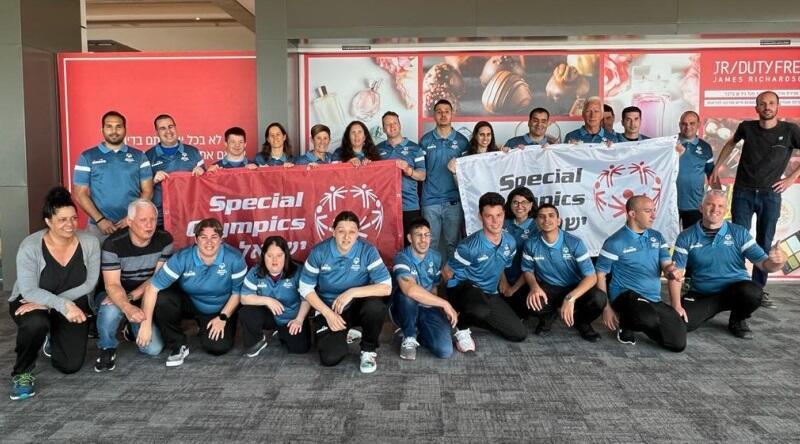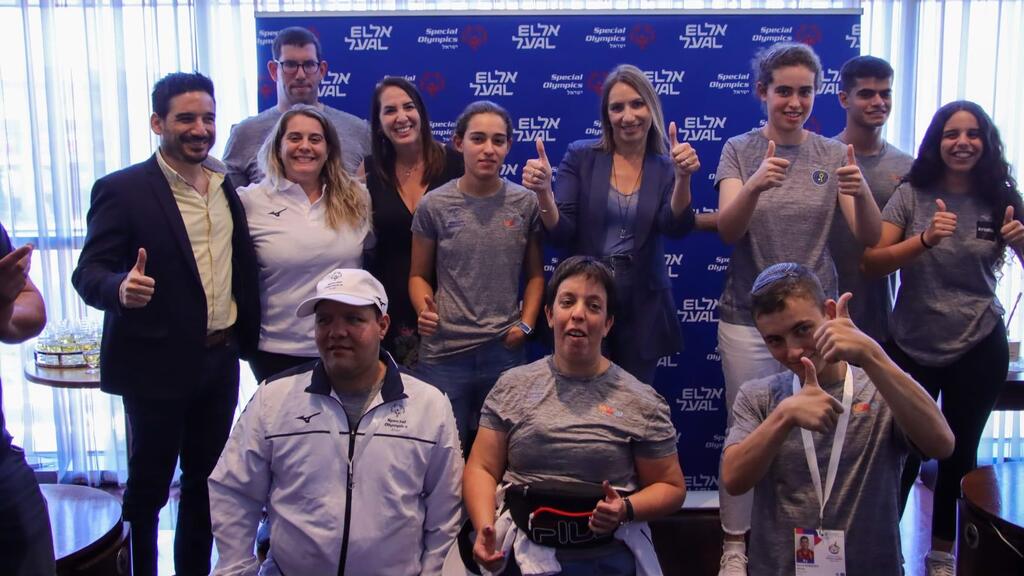Israel's 35 Special Olympics athletes are going for gold at games in Berlin
Thirty-five Israeli athletes with cognitive disabilities across seven different disciplines embarked on a journey to represent Israel at the Special Olympics in Berlin. They will compete in a week-long Special Olympics event.
Read more:
These athletes will compete in a range of sports including athletics, judo, swimming, cycling, table tennis, soccer, and bowling, and will join 7,000 athletes from across the globe, categorized into divisions based on their individual abilities, all striving for success and medals in the German capital.
"For Israel, first of all, it’s the closing of a circle and it’s a great honor to be here and to be accepted so warmly. We’re so excited about the torch run and with the Games altogether," said the Israeli swim coach Yael Tal. "It’s amazing, it’s just such an elevating experience for all of us and we are very, very happy to be here."
Sharon Levy-Blanga, CEO of Special Olympics Israel, expressed immense excitement and motivation, highlighting the tremendous support received from partners in Israel. "The Special Olympics Israel organization has been officially recognized as an official sports federation by the Culture and Sports Ministry. This recognition not only brings prestige but also comes with the financial backing of approximately NIS 500,000 ($140,000)."
The Israeli delegation includes some medal winners, such as swimmer Avital Naveh, who won gold and bronze in the 2019 games in Abu Dhabi. And Judoka Levav Barkan, a silver medalist in Abu Dhabi who is determined to claim gold this year.
In addition, 14 members of the delegation including the first-ever Israeli women's soccer team at the Special Olympics, coached by former star player Silvi Jan.
Meanwhile, some of Israel's athletes will participate in "unified" sports, where individuals with and without intellectual disabilities compete together. This year, Israel is sending unified athletes in table tennis and bowling, aiming to demonstrate that winning is not limited to physical strength but collaboration and unity.
And when these athletes return home, their message will resonate loud and clear—that they deserve equal opportunities and recognition in society. that is the ultimate triumph they seek in their participation in the Special Olympics.





